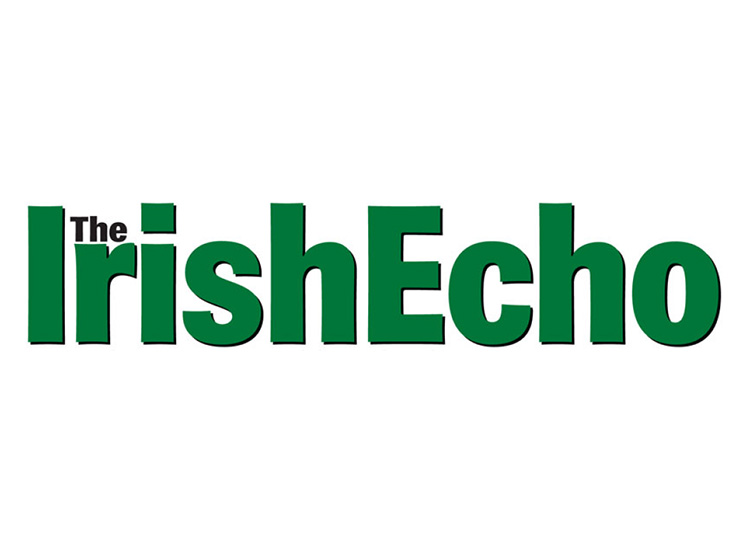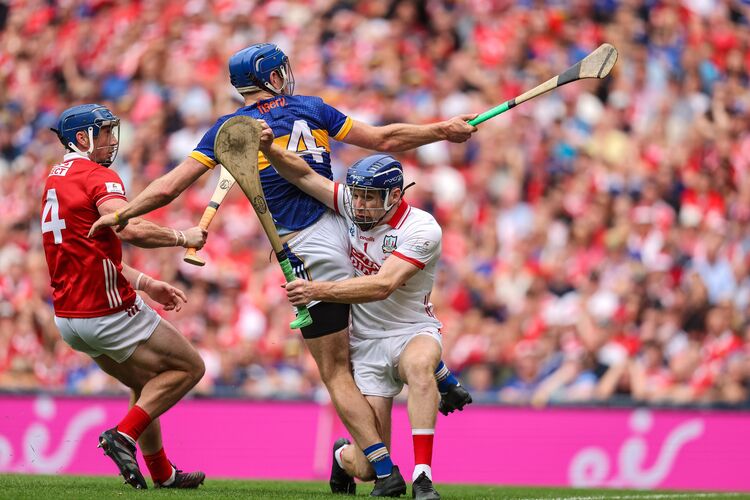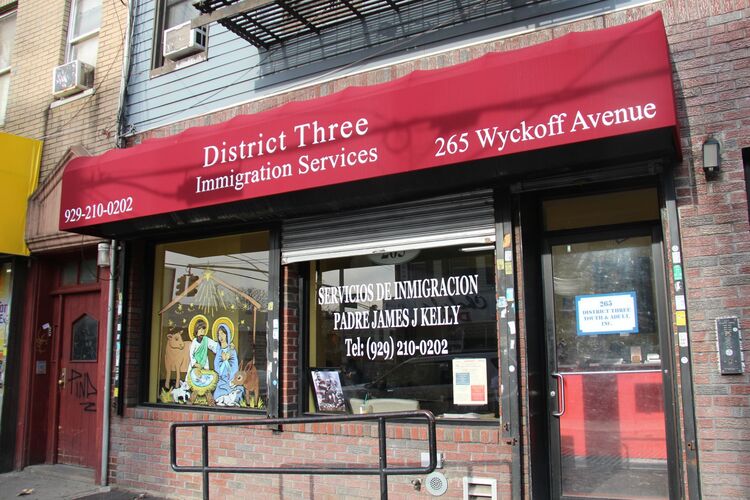Reminders to social distance are everywhere.
By Maura Mulligan
You finally go for that blood test you’ve been rescheduling at the hospital LabCorp. On the sidewalk, you join a line of about twenty -five people and place your feet on the decal that says: “Stand together by standing apart.” After queuing for about a half hour, you get to the door where a fellow wearing plastic blinkers checks your temperature and directs you to proceed six feet further on to the desk where you get a sticker that reads “screened.” You’re told to wear this sign so it’s visible and you are asked to remove your cloth mask and replace it with the blue disposable one they’re handing out. You prefer your own mask because it’s a cheerful flower design and it doesn’t fog up your glasses so much that you can’t see where you’re going. When you don the blue one, your face itches and you have to take off your steamy glasses to find your way in to the waiting room. There, you are instructed to swipe your insurance card, but you can’t see because you’re not wearing your glasses now. You make this know and someone comes and asks for your driver’s license. You tell him you don’t have one and instead, produce another form of ID. Once you’re checked in, you choose a chair that’s not roped off with a sign pasted on it that says, “We are practicing social distancing.” You observe other people your own age also having difficulty checking in with fogged up glasses. You notice still others with medical walkers and you decide that you’re not too badly off at all because you can walk without aid and even dance, when you feel like it.
Soon you find yourself sitting in an inner office with a rubber hose tied tightly around your upper arm and you’re making a fist in response to a command given by a nurse coming at you with a needle. You’ve experienced this many times before, but in these COVID days, you want to get out of there as fast as you can. You feel relieved when he puts the band-aid over your vein and tells you ”you’re done.” You put back your own mask and glasses and leave quickly making sure to walk where it’s marked “Exit this Side.”
The cross-town city bus with the sign, “Masks Required” on the front window is waiting. You watch a man without a mask board the bus when the driver isn’t looking. The barefaced one sits right next to another passenger causing her to yell at him to “get the f*** off the damn bus.”
“Hey, you wit’ no mask, come up here,” the driver shouts. You applaud loudly with the other passengers when the driver orders the rule breaker off of the bus.

Across town you meet up with an old friend for lunch. You have known each other since 1959 when you were in the McNiff School of Irish Dance together. You sit as far away from each other as possible and realize that neither of you can figure out how to connect with the “contactless menu.” It’s okay because you know you’re there for the Margarita pizza and besides, the waitress asks if you’d like her to read the menu. “That’s a fine how do you do,” you, laugh. “I have a Master’s degree and can’t read a menu.” Your friend tells you that she visits and helps her two ‘elderly’ neighbors but you tell her to “tóg go bog é” (“take it easy”) with the neighbors. You remember that she’s a kind person who likes helping people but you tell her she’s taking a risk, and remind her that according to scientific research people can be carriers of the virus without having symptoms. You talk about old times and remember mutual friends who have gone. You express thanks to God, and to the universe that you’re still here.

Walking down Columbus Avenue after lunch, you notice a window sign on 72nd St that reads “Rapid Test Center.” You have no COVID-19 symptoms but the words on the window jump out at you. You look around and see people of various ages signing up for the test and you think to yourself that it’s somehow serendipitous because you’ll be assured that you’re free of the virus if you take the test. The sign on the desk reads: “$200 for 48-hour test results. $300 for twenty -minute test results.” You inquire about insurance coverage and they tell you they’re giving out a tax ID # instead. When you tell them you might go for the $200 test, but you’d want the results sooner, they agree since you’re living outside the city and would have to come back the following day. The test is uncomfortable but it’s over before you have time to complain.

Sitting outside “The Muffin Shop,” waiting for the test results, you wonder why you didn’t stop to consider that you could have had a free test somewhere else if you had taken the time to search it out. You decide it’s a sign of the times and accept your sudden decision because life is confusing these days.
Suddenly you hear a voice with a Mayo accent telling a dog named Maggie to “back away from the muffin.” Looking up from your phone, you grab the muffin that Maggie has her eye on and meet Catriona and Regina from Claremorris. A great chat about Irish writers ensues and you’re chuffed that they ‘ve heard of you and enjoyed your essay in “The Writing Irish of New York” edited by Colin Broderick. Catriona informs you that she knows Honor Molloy, Kevin Fortuna and others whose essays are featured in the collection.
You’re happy that the COVID test is negative and relieved that you finally had that blood test done. You’re delighted you got together with your old friend and that you found two new ones. You celebrate a successful day by taking a long walk to the PA Bus Terminal on 42nd Street and standing on a sign that reads: “We saved you a spot.”
Maura Mulligan is author of the memoir “Call of the Lark.”







